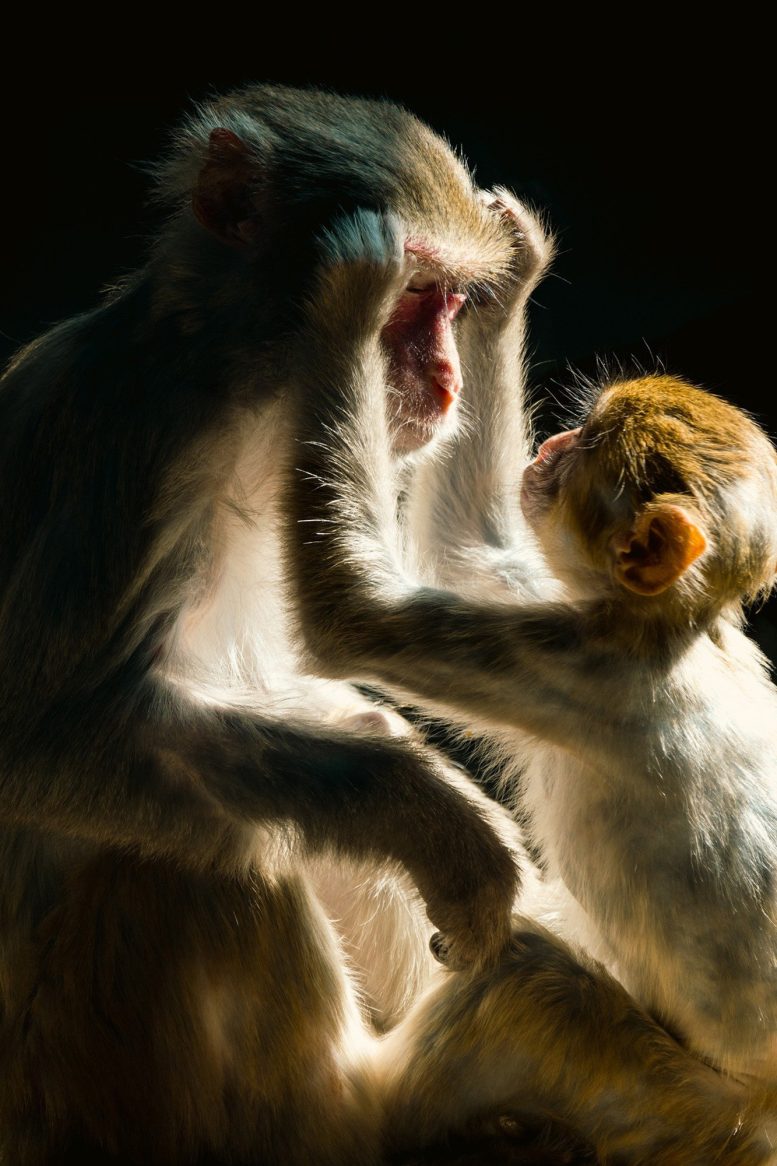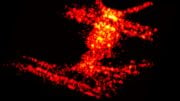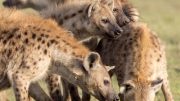
A Cornell University study explores the role of maternal care in the evolution of long lifespans in humans and other mammals. Research by Matthew Zipple indicates that species where offspring rely on prolonged maternal care tend to live longer and reproduce less frequently. This pattern extends beyond primates to other mammals and supports theories linking longer lifespans to enhanced maternal and grandmother support, providing insights into phenomena such as menopause and intergenerational health.
Research from Cornell University suggests that prolonged maternal care contributes to longer lifespans and slower reproductive rates in humans and other mammals, supporting theories that explain extended maternal roles and menopause.
The relationship between mother and child may offer clues to the mystery of why humans live longer than expected for their size – and shed new light on what it means to be human – according to a new Cornell University study.
“It’s one of the really mysterious things about humans, the fact that we live these super long lives as compared to so many other mammals,” said Matthew Zipple, a Klarman Postdoctoral Fellow in neurobiology and behavior at Cornell University. “What we’re putting forward is that a part of the explanation for our long lifespan is this other foundational aspect of our lives, which is the relationship between the mother and her child.”
The paper was recently published in the journal Proceedings of the National Academy of Science (PNAS).
In their models, Zipple and co-authors found consistently that in species where offspring survival depends on the longer-term presence of the mother, the species tends to evolve longer lives and a slower life pace, which is characterized by how long an animal lives and how often it reproduces.
Broader Implications
“As we see these links between maternal survival and offspring fitness grow stronger, we see the evolution of animals having longer lives and reproducing less often – the same pattern we see in humans,” Zipple said. “And what’s nice about this model is that it’s general to mammals overall because we know these links exist in other species outside of primates, like hyenas, whales, and elephants.”
The work builds off the Mother and Grandmother hypothesis, based on observations in 18th- and 19th-century human populations, that offspring are more likely to survive if their mothers and grandmothers are in their lives. This theory has been used primarily as an explanation for menopause in humans, Zipple said – as ceasing reproduction decreases the risk of death and allows older females to focus on grand-offspring care.
Zipple’s models are both broader and more specific, incorporating more of the ways that a mother’s presence or absence in her offspring’s life impacts its fitness. The team makes predictions, based on results from Zipple’s doctoral research on baboons and other primates, about how offspring fare if a mother dies after weaning but before the offspring’s sexual maturation, which Zipple found leads to short-term and long-term, even intergenerational, negative effects on primate offspring and grand-offspring.
Reference: “Maternal care leads to the evolution of long, slow lives” by Matthew N. Zipple, H. Kern Reeve and Orca Jimmy Peniston, 14 June 2024, Proceedings of the National Academy of Sciences.
DOI: 10.1073/pnas.2403491121









Today is Thursday but in America it is Friday night and I am with my family at midnight and he is better. Our son-in-law, who is older than all of my sister’s husbands, Iraj Sultanpour, whom I explained earlier, completed a pilot course in America and is now about 72 years old, he is old and has diabetes and can hardly walk. I have to help him. I asked you, the administrator of this interesting website, to send me an invitation, but no one answered our phone number. Why?